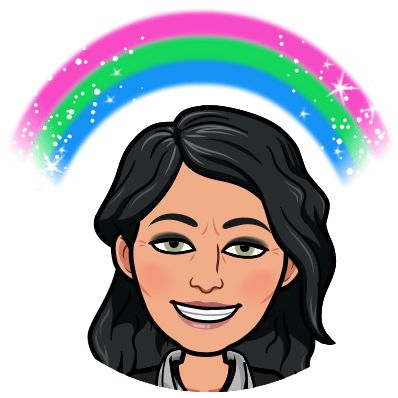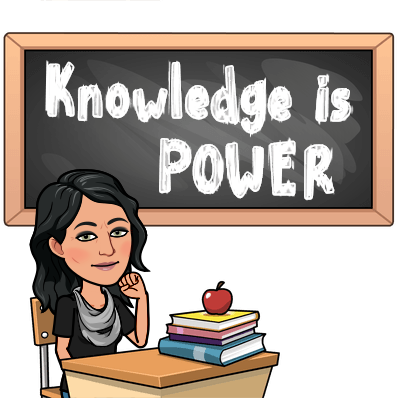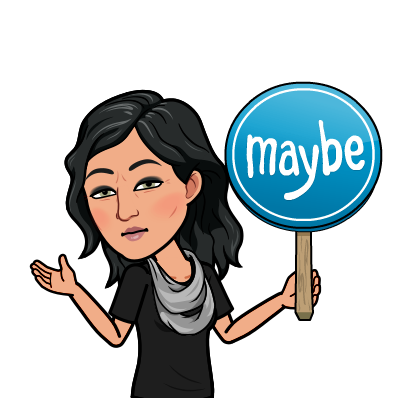Can you describe what emotions you are experiencing right now? This is the question Tiffany Watt Smith asks her TED audience to sensitize them on how easy or how hard it is to put words on our emotions. This is a fantastic presentation to conjure the vocabulary of emotions and an esl psychology lesson.
Do you think words can really describe how we feel? If you watched the movie Inside Out, or are knowledgeable about the scientific litterature on emotions, you may have heard that emotions have been broken down into 6 basic forms: anger, fear, disgust, happiness, sadness and surprise. The first time I read this, I found it hugely oversimplified. I just couldn’t relate my own personal experience with this. Yet, these basic emotions seem to be the baseline for emotional researchers.
Smith challenges this simple view of emotional language. She looks across different languages and cultures to show the complexity and diversity of the words used to describe how we are feeling. She even suggests that the very existence of these words may allow us to feel things that people in other cultures don’t. She exposes a compelling and thought provoking-idea that words can shape how we feel. Before you start, be sure to download the Google docs included in this post. It has a preliminary list of emotions vocabulary words.
Warm-up
- What emotion words do you know?
- Do you think you are good at talking about how you feel?
The Video: TED The History of Human Emotion Discussion by Tiffany Watt Smith
I would break this presentation down into a series of snippets and begin by doing Tell Backs of each segment. In fact, if you have more basic students, I would stop at the 6 min mark and center a discussion on the vocabulary of emotions. However, for more advanced learners, I would go through the presentation as it digs much deeper into the topic of the history of emotions and maybe very engaging for higher-level discussions.
Questions
- What emotions does Smith talk about?
- Can you give some examples of the emotional language of other cultures?
- What stuck with you in Smith’s presentation?
- Do you have words in your native language that describe feelings that don’t exist in English?
- How are emotions viewed in your culture? Do you talk about them, or not?
- What, according to you, is emotional intelligence?
- Use the emotional definer wheel and say which are positive and which are negative
Want to download this lesson?











